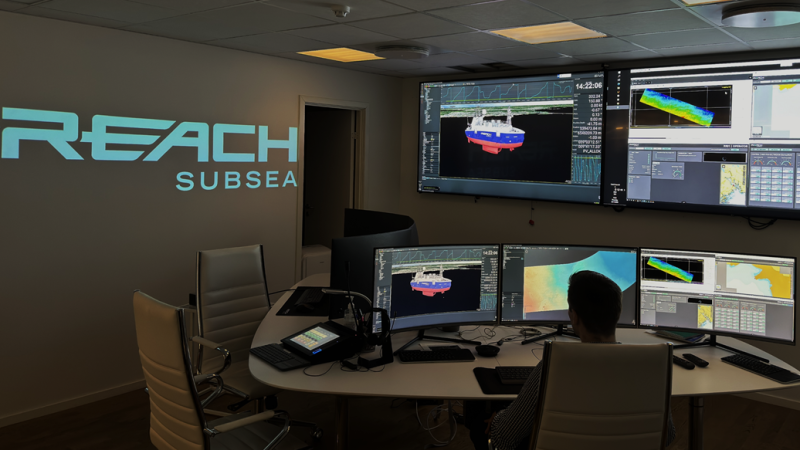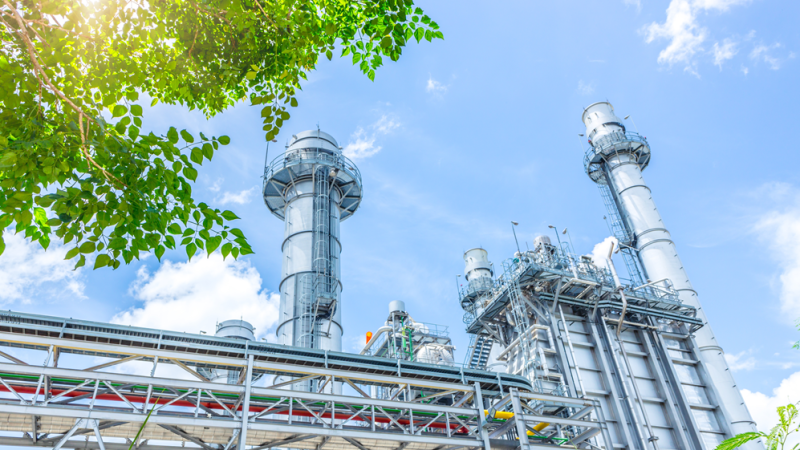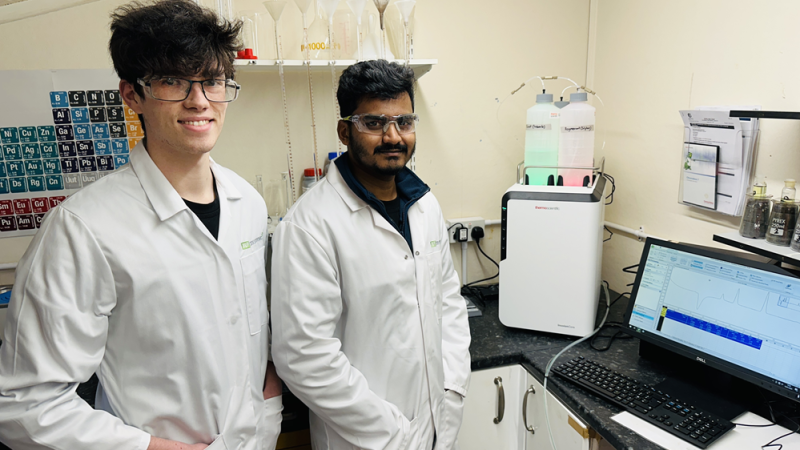As an independent systems integrator, US-headquartered RoviSys provides proven solutions for information management, manufacturing automation, control systems integration, building automation, warehouse automation enterprise and industrial networks, MES, and Industrial AI. Established in 1989, the company now employs over 1200 people and has a presence around the globe, with offices in North America, Europe, and Southeast Asia. In line with the world’s moving to automation, RoviSys is growing steadily across its markets.
Business Focus spoke to Matthew Wise, European Director (with offices based in Netherlands and Ireland) who oversees RoviSys’ European business, serving clients throughout Europe and Africa. Summarising the core business, he says: “RoviSys provides customer-focused solutions for anything automation-related or information system-related. We don’t sell a product; we are a service company. The goal is to develop the best solution for a customer’s problem rather than sell just one specific thing.”
The European operation today employs 70 engineers, but the number is going to rise, says Mr Wise. “We should be 80 by the end of the year, with the plan to exceed 100 in 2024. In terms of headcount, we’ve surpassed some other Dutch system integrators; as an international company, we’ve been able to draw talent from multiple countries.”
He explains that RoviSys covers the whole of Europe, not actively selling its services, but following clients as required. The company started in the data centre sector but gradually moved to expand to other industries. “Life sciences and data centres are globally our two largest vertical markets, but discrete manufacturing, specialty chemical, metal mining, materials, glass…anything that requires industrial or building automation is our area of activity now.”
Tailor-made as required
Mr Wise reflects that the company has some clear competitive advantages that have helped to support continued business growth. “The customer-focused approach is our biggest strength. We focus on long-term relationships with customers versus sales – our business development as well as delivery is relationship-based, and our project teams remain consistent from the beginning of a project to its end. This provides consistency via a single cohesive team and puts our delivery at a different level.”
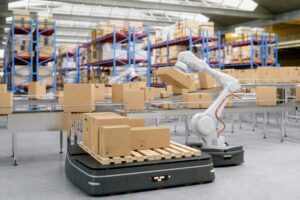
Customer requirements may vary greatly and range from a simple control system to a fully defined infrastructure. “We get both ends of the spectrum or any part of the spectrum; we’ve even developed standards for clients, give them that library as a baseline for their future projects, and then also implement some of those projects for them. In any case, we haven’t ever considered developing our own software for an actual control platform. The goal has always been to provide commercially available open-source technologies.”
RoviSys solutions may also help clients to achieve a reduced environmental footprint, although Mr Wise pointed out that the company is not in a position to dictate to its clients what sustainability requirements should be.
“We’ve developed some approaches to projects for predictive maintenance, so our solutions can help run equipment more efficiently, but the customers ultimately have to buy it, so they have to be ready for that as well. We see more questions about sustainability in pre-qualifications, especially in new construction projects, but there’s only so much we can do as part of the supply chain.”
Expanding into new sectors
The company, well rooted in the Netherlands, has immediate plans to increase its capacity with a new physical location in Ireland, in line, again, with customers’ requirements. The company already employs several people there remotely and the intent is to open a physical office in Ireland this year.
It is not only the European company that is expanding. RoviSys as a whole is considering additional locations in the United States and has just opened a location in Thailand as part of its RoviSys Asia business. “We are definitely building out those offices. The Singapore headquarters employs 120 plus people now, with around 50 people in Taiwan, followed by Indonesia, Malaysia, and 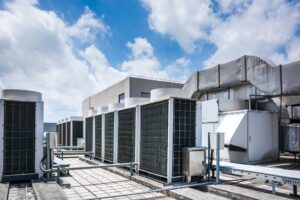 Thailand with about 10-person office each,” says Mr Wise.
Thailand with about 10-person office each,” says Mr Wise.
He points out that the biggest challenge at a new location is a barrier to additional markets. “We typically open a new location based on an ‘anchor client’ or project in a specific industry. When those anchor projects have an extended duration, our teams quickly become known for a specific industry or technology. Being a technology-independent system integrator and having expertise in multiple vertical markets, it can be difficult to break that mould.”
“For example, in general contracting and construction circles we have become known as the “data centre BMS team” in the Netherlands. When discussing technologies and capabilities with those same general contractors, they become quite surprised to hear about our capabilities and sometimes don’t think of RoviSys for a project in another vertical market.”
New opportunities
However, the company seems to be overcoming that challenge, as it plans to expand into other sectors. “On a global level, we have seen a lot of opportunities in three new vertical markets, which all fall under the same umbrella: new EV automotive manufacturing, battery plant manufacturing and microchip/semiconductor manufacturing,” reflects Mr Wise.
“We’re already working in all three of those sectors in the US as of this year, as new opportunities have come up, and we’re also talking to multiple companies in Europe from all three of those markets. These are expected to generate our biggest growth over the next year. Other sectors, such as pharmaceuticals, are also expected to generate new opportunities.”
Looking ahead, he affirms that RoviSys is determined to utilise these opportunities to the full. “The company has maintained annualised growth of about 10% over its existence. We’ve had some flat years, as well as some explosive growth years and given the current market developments and the demand for automation, we expect to stay on a healthy growth trajectory.”




